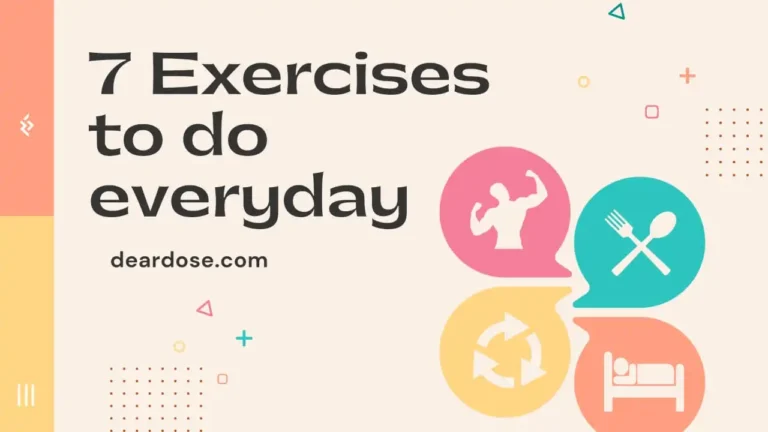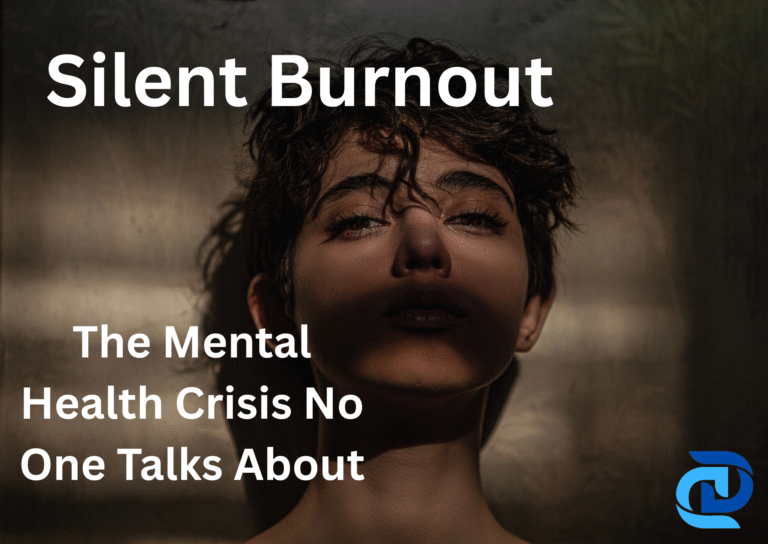How Social Media Affects Mental Health

In today’s digital age, social media has become an integral part of daily life, influencing how people communicate, share information, and perceive themselves and others. While social media platforms offer numerous benefits, including staying connected with friends and family, discovering new interests, and promoting businesses, they also profoundly impact mental health. Understanding the various ways social media affects mental health, both positively and negatively, is crucial for fostering healthier online behaviors and promoting well-being. Here is the detail how social media affects mental health.
The Positive Side of Social Media for Mental Health
Despite the growing concerns surrounding social media, it’s important to acknowledge its potential benefits. Social media can be a powerful tool for building community and support. For individuals who may feel isolated or marginalized, online communities can provide a sense of belonging and validation.
Support groups on platforms like Facebook or Reddit allow users to connect with others experiencing similar struggles, such as coping with mental illness, chronic conditions, or life changes. This sense of community can alleviate feelings of loneliness and provide much-needed emotional support.
Social media also plays a significant role in raising awareness about mental health issues. Campaigns such as #BellLetsTalk and #MentalHealthAwareness have gained traction worldwide, helping to reduce the stigma surrounding mental health. By sharing personal stories and experiences, users can help normalize discussions about mental health, encouraging others to seek help when needed.
Furthermore, healthcare professionals and mental health advocates use these platforms to disseminate valuable information, making mental health resources more accessible to the general public.
Negative Impacts on Mental Health
The positive aspects of social media should not be overlooked, but it’s important to address the potential risks and negative impacts. Excessive use of social media can contribute to feelings of inadequacy, low self-esteem, and mental health issues, particularly among teenagers and young adults.
Cyberbullying and online harassment are also significant concerns. These issues can lead to severe emotional distress, depression, and suicidal thoughts, especially among vulnerable youth. Social media platforms have implemented measures to combat cyberbullying, but these efforts are not always effective.
Social Media Influencers and Their Impact on Youth
Social media influencers have a significant impact on young people, promoting both positive messages and detrimental behaviors. Some influencers encourage unrealistic body standards and unhealthy habits, leading to negative social comparisons and skewed perceptions of reality, especially among teenagers.
Additionally, the promotion of products and lifestyles by influencers blurs the lines between authenticity and advertising, potentially leading to misguided trust and consumer behavior. This can create an environment where self-worth is tied to material possessions and external validation, undermining the development of a healthy self-concept.
Challenges and Dangers of Social Media
The widespread adoption of social media has presented several distinct challenges. One significant issue is the spread of misinformation and its detrimental effects on public health and safety.
Additionally, the addictive qualities of social media have been linked to disturbances in sleep patterns, decreased productivity, and the worsening of symptoms related to anxiety and depression.
Social Media and Relationships
Social media’s influence on personal relationships is a double-edged sword. On one hand, it enables people to stay connected with loved ones across long distances, fostering communication and closeness. On the other hand, it can also contribute to relationship problems, such as jealousy and mistrust.
The constant visibility into a partner’s or friend’s interactions and activities can lead to misunderstandings and conflicts, sometimes even resulting in the breakdown of relationships.
Moreover, the public nature of social media interactions can lead to oversharing and boundary issues, blurring the line between private and public life. This lack of boundaries can strain relationships, as people may feel uncomfortable or disrespected by the sharing of personal information or conflicts online. Individuals need to set clear boundaries and communicate openly with their loved ones about their social media use to maintain healthy relationships.
Conclusion
In conclusion, social media has a profound and multifaceted impact on mental health, with both positive and negative aspects. It can provide support and community, raise awareness, and foster communication, but it also has the potential to exacerbate mental health issues, promote harmful comparisons, and damage relationships. As society becomes increasingly connected through digital platforms, it is crucial to find a balance in social media use. This involves being mindful of one’s online behaviors, setting healthy boundaries, and seeking help when social media use begins to negatively impact mental well-being. By understanding and addressing the complex dynamics of social media’s impact, individuals can harness its benefits while minimizing its potential harms.
FAQs
How does social media affect anxiety?
Constant exposure to curated lives, negative feedback, and online comparison can exacerbate anxiety in users, especially teens.
Should there be an age limit on social media?
Yes, an age limit helps protect children from inappropriate content and online risks while promoting responsible usage
How does social media affect teens?
Social media can lead to increased anxiety, body image issues, and decreased self-esteem among teenagers.
Why are girls feeling down on social media?
Girls may feel down due to social comparison, cyberbullying, and the pressure to meet unrealistic beauty standards online.






